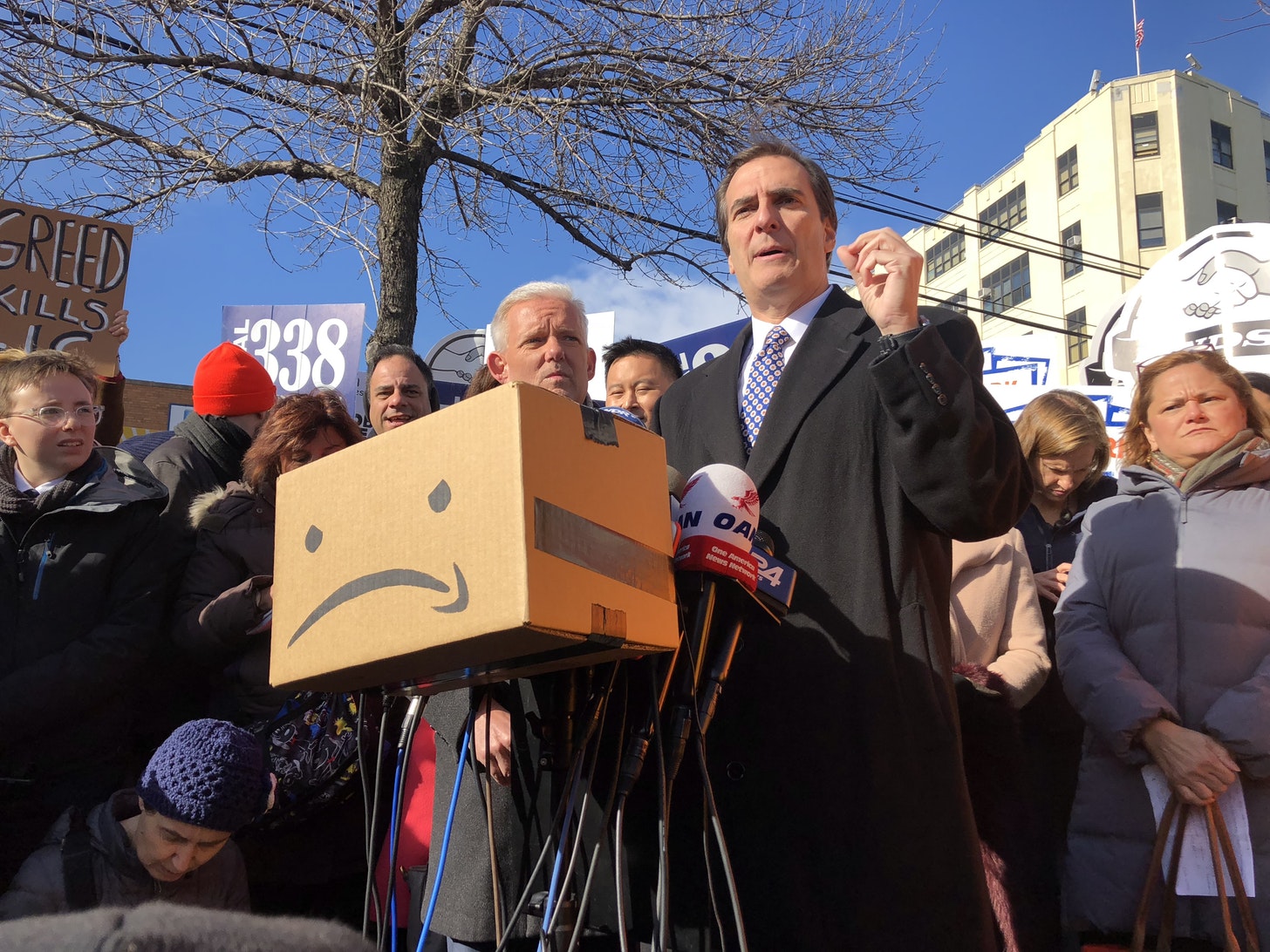Mr Fry told the podcast: “I look at America and I think if only Donald Trump and now Biden, if every week they had to walk up the hill and go into a mansion in Washington and there was uncle Sam in a top hat and striped trousers.”
Mr Fry added: “More important than they were that’s the key.
“And that personification, uncle Sam can’t tell him what to do, uncle Sam can’t say ‘pass this Act and don’t pass that Act and free these people, give them a pardon’.
“All he can do is say ‘tell me young fella what you done this week’ and he’ll bow and say ‘well uncle Sam’.”
He added how uncle Sam might reply “oh you think that’s the right thing for my country”.
Mr Fry concluded: “Well that’s what a constitutional monarchy is and of course it’s absurd but the fact that Churchill and Thatcher and everyone had to bow every week in front of this something.”
Since watching The Crown on Netflix, I’ve thought a bit about the role of a constitutional monarch in the modern world. I concluded that the system is doomed. However, Fry makes a good point here, which I overlooked, which will probably extend the life of the system far longer than I predicted, and that is: A proper constitutional monarch can hold the government accountable for actual results.
By comparison, in the US, there is no accountability for results. Our elected representatives faff about, floating on the winds of the popular press. Whatever laws they might manage to pass are purposely bent, in the small print, towards benefitting their benefactors, and ensuring their reelection. And, if the winds change, a new crop of faffing faffers gets put in office to faff about some more. No one can hold anyone accountable for failing to deliver on promises of change.
I’ve ridiculed the nearly obscene amount of wealth wielded by the English monarchy, but Fry’s comments leads me to see that this is actually required in such a system of government. The monarch’s wealth, and influence it affords, places them above the system they head, and makes them much less susceptible to the corrupting power of graft.
A US senator makes $174,000/yr, with a per diem for expenses. That’s a solid upper-middle-class income for the interior of the country, though it’s a lot less impressive in the high-rent district of the Beltway. In any case, it’s certainly not above influence of a relatively small amount of money. If you, the reader, were making that kind of money, and someone offered you 10, 20, or 50 thousand dollars (or especially part ownership in a financial instrument with those kinds of annual returns) in order to push an agenda, that would be pretty tempting. If someone offered to donate enough money through a PAC to your campaign fund in order to outspend your rival in advertising by 2 to 1 in the next election cycle, that would also be tempting.
The UK monarchy is above such influence. The family has so much wealth, it places them well above the level of petty graft in the American system. I’ve often said that the truly pathetic reality of the US political system isn’t that it can be bought; it’s that it can be bought so cheaply. The kind of money it takes to swing elections and votes in the US wouldn’t even count for lunch money to the Queen of England. She wouldn’t even stoop to pick it up off the sidewalk. So, rather than an extravagance, the wealth of a monarch can be seen as an advantage of the system. It’s a buffer against undue influence. The kind of money it would take to sway a constitutional monarch would be noticeable to everyone, everywhere. You wouldn’t be able to hide it.
Unfortunately, after setting out this surprising (to me) insight, there are two caveats that must accompany it. First, the UK monarchy has worked because Elizabeth has been an exceptional regent. If we give credence to the Crown’s depiction of her interactions with Churchill in his old age, she has performed her role precisely, even when it was difficult to do. Even if we ignore that whole episode as fan service to the Crown, I think her 70 years as regent, taken as a whole, prove that she has been a model monarch. I don’t know how other monarchs stack up against her in this regard, but I think her overall record speaks for itself. It’s not that she hasn’t generated controversy, but I feel she’s been on the right side of history far more often than not.
The second caveat is that a monarchy is established by fiat, and passed down through heredity. I have a hard time with that. Going back to England and France’s histories, we can see there were some real problems with the gene pools at times. This is the untenable part of a royal line. Again, other countries might have a different way of “crowning” a regent, but this aspect of the UK’s system is why I think people will demand reform. When Elizabeth dies, Charles will be crowned king, and, well, why? Just because he was born first to Elizabeth. I think modern society is going to have a bigger and bigger problem with this.
In the US system, I can imagine a scenario where we appoint a watcher over the government, to make sure that the “three ring circus” works as it was intended. A “ring master,” above each. Appointed for life, like a Supreme Court judge, recallable, yes, but with no power over the people; only the government. The power of such a position could and would only be used to make sure that the various branches did their job, and stayed true to the ideals of The Constitution, with powers to censure government representatives if they didn’t.
You can say that this role is in the hands of the people, but I’m just not clear that this is working as intended. Maybe it could be made to work again if we “get money out of politics,” but even if we repeal Citizen’s United, I don’t think it will completely solve the problem. It will get rid of a lot of undue influence, sure, but it will also drive some of it back under the table.





